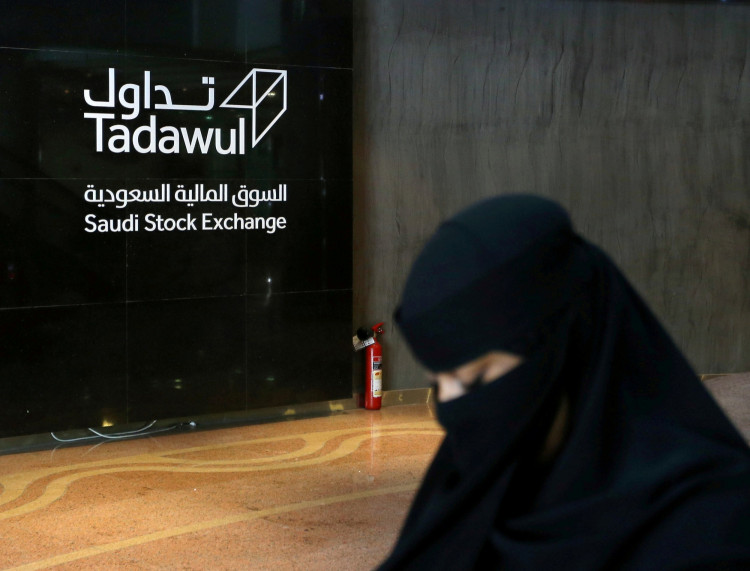Saudi Arabia's stock exchange, or the Saudi Tadawul, is officially offering derivatives trading products starting this week. The addition of the derivatives market is aimed at further enhancing and bolstering trading activity on the exchange despite lingering investor anxieties over the global oil price slump and the global economic downturn caused by the coronavirus pandemic.
Tadawul's chief executive officer, Khalid Al Hussan, mentioned in an interview that the decision to launch derivatives trading on the exchange was done to satiate the growing appetite in the Saudi market. Despite the current economic situation, the executive believes that it is the appropriate time to launch the product in order to enhance the country's capital markets.
Demand for additional financial instruments such as contracts and options is apparently still high and Tadawul is simply taking advantage of that demand. The Saudi Tadawul is the largest exchange in the Middle East and is globally one of the largest exchanges in terms of market capitalization. The exchange is famously the home of the world's largest IPO in the form of Saudi Aramco's listing. The exchange is also a part of major global indexes such as the FTSE Emerging Market Index, the MSCI, and the S&P.
Apart from being the largest exchange in the region, Al Hussan proudly noted that the Tadawul is now the fastest development exchange in terms of its products and services. He added that the exchange's liquidity remains high and its performance has proven to be relatively stable amid the global economic headwinds.
The first product that will be launched in the new financial derivatives market will be an index futures contract called the Saudi Futures 30. The product will be based on the MSCI Tadawul 30 Index. The exchange plans to gradually add other derivatives products as the market continues to mature. It will start with single stock futures, which will then be followed by Indexes, options, and then commodities.
While derivatives such as swaps, options, and futures are common in Western exchanges, it is quite rare in the Middle East given the markets' low liquidity. Al Hussan acknowledged that not all individual and retail investors will be familiar with derivatives as these types of financial products are a bit more complicated than traditional stocks. For this reason, the exchange has launched the products with its new Saudi Clearing House, which has been established to clear the derivatives.
Saudi Arabia is also hoping that the addition of the new products will attract more international investors. By bolstering international investments, the Kingdom hopes to offset the slump in its domestic economic growth, which had been battered by the global oil price collapse and the coronavirus pandemic.





